How AI Is Reshaping The Future Of Creative Expression
From Celluloid to Neural Future Networks
The Evolution of Creativity in the Age of Artificial Intelligence
A New Epoch in Entertainment & Future
Artificial Intelligence has emerged not merely as a tool but as a co-architect of modern creativity that will last way in to the future. In the entertainment industry, AI is transforming how stories are told, how music is composed, and how physical media is preserved and reimagined. This post explores the profound and multifaceted impact of AI across film, music, CDs, vinyl, Blu-rays, and ultra-high-definition formats like 4K and 8K—while also extending into new domains such as archival restoration, live performance, audience interaction, and creative ethics.
This is not a story of replacement, but of augmentation. AI is expanding the boundaries of what’s possible, challenging traditional workflows, and inviting creators to rethink the very nature of artistic production.
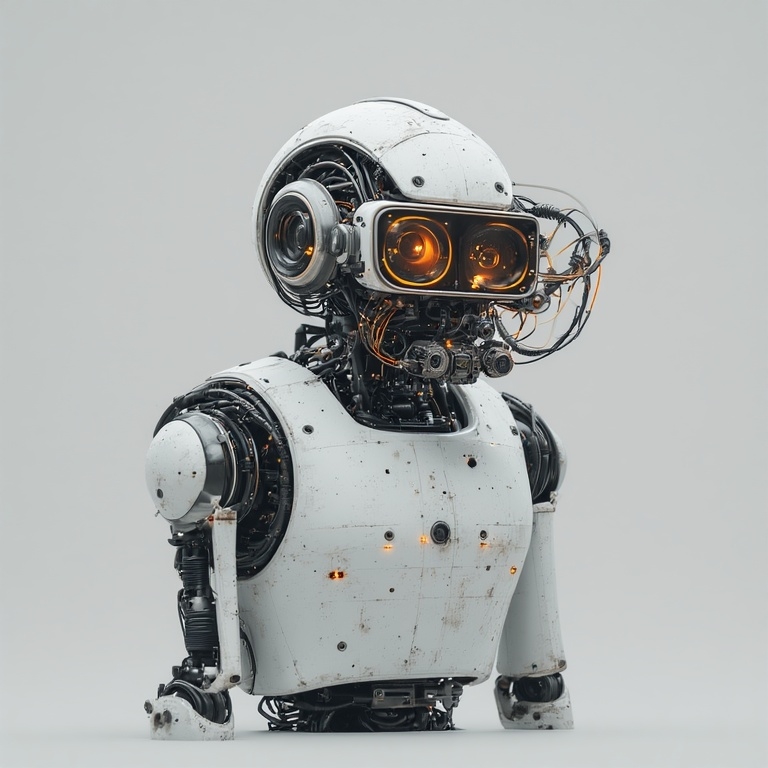
AI in Film Production – From Script to Screen
AI is now embedded in every phase of filmmaking
- Scriptwriting – Generative models analyze genre tropes, character arcs, and pacing to assist writers in developing compelling narratives.
- Casting – Predictive analytics suggest casting choices based on audience data and market trends.
- Editing and VFX – AI automates rotoscoping, de-aging, and CGI rendering, reducing costs and expanding creative possibilities.
- Distribution – Machine learning models optimize release strategies by forecasting audience engagement across platforms and regions.
AI in Music Creation – Composing with Algorithms
Music is being reshaped by AI in ways both subtle and radical
- Composition – AI tools generate melodies, harmonies, and rhythms in the style of any genre or artist.
- Production – Intelligent mastering software ensures professional-grade sound quality with minimal human input.
- Voice Synthesis – AI replicates vocal timbres, enabling multilingual releases and posthumous collaborations.
- Discovery – Recommendation engines shape listening habits and influence artist visibility.
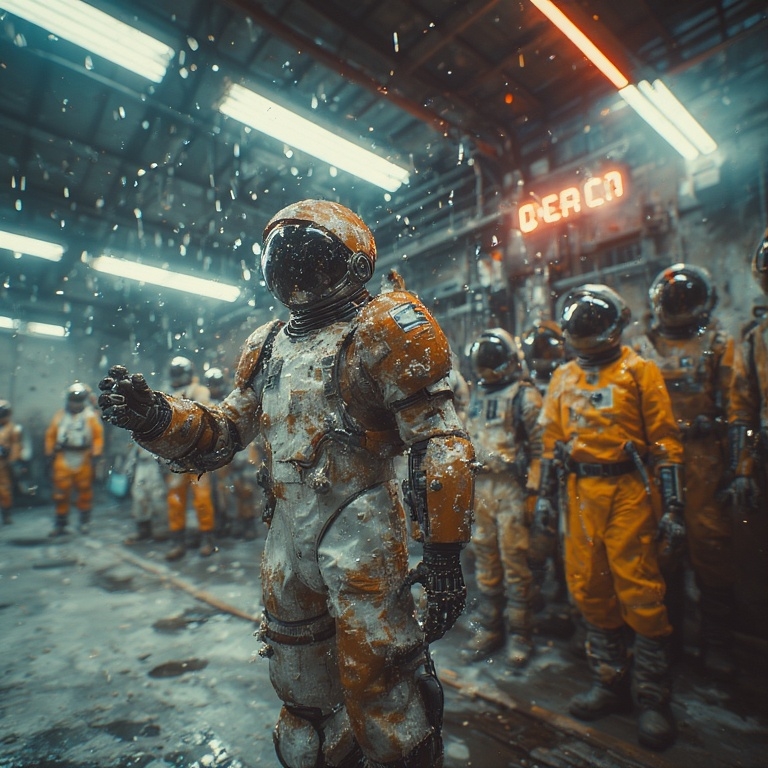
CDs and Vinyl – Analog Media in a Digital Age
Despite the dominance of streaming, physical formats endure
- CD Remastering – AI enhances audio fidelity, removes artifacts, and simulates analog warmth.
- Vinyl Optimization – Algorithms predict pressing quality and demand, while AI-generated artwork adds conceptual depth.
- Hybrid Formats – Embedded chips and QR codes link physical media to dynamic digital content.
Blu-rays, 4K, and 8K – Visual Appeal Meets AI
AI is revolutionizing high-definition media
- Restoration – Deep learning models upscale archival footage and remove visual noise.
- Compression – AI enables efficient streaming of 4K and 8K content without quality loss.
- Adaptive Playback – Smart systems adjust visuals based on ambient conditions and viewer preferences.
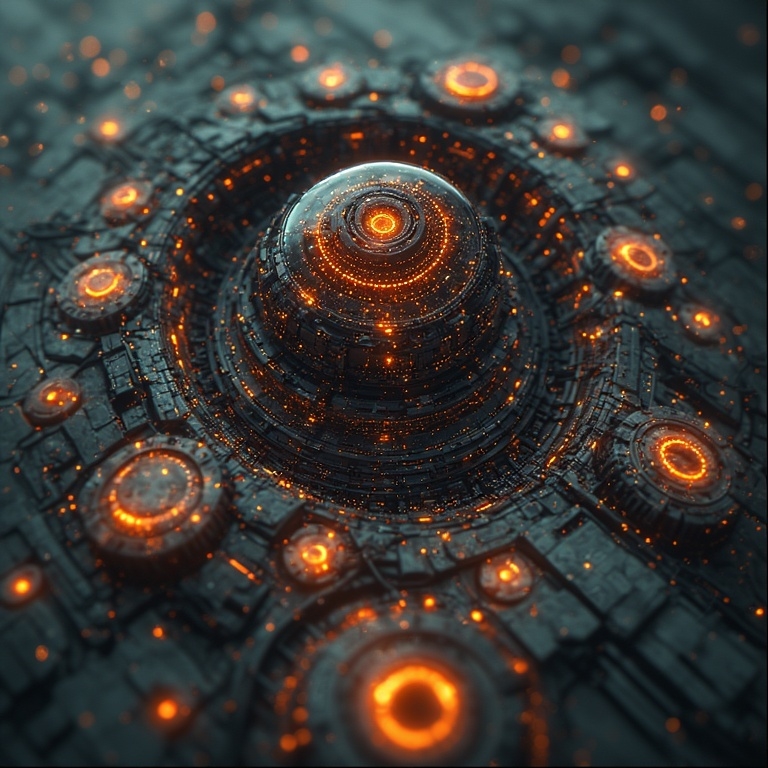
AI in Archival Restoration – Preserving Cultural Memory
Historical media is being revived through AI
- Film Archives – AI reconstructs damaged reels, corrects color degradation, and restores lost frames.
- Audio Archives – Machine learning removes hiss, hum, and distortion from vintage recordings.
- Metadata Generation – AI tags and organizes vast libraries for easier access and research.
AI in Live Performance – Augmenting the Stage
The stage is becoming a hybrid space
- Virtual Musicians – AI-generated avatars perform alongside human artists in real-time.
- Dynamic Set Design – Algorithms adapt lighting and visuals based on audience mood and interaction.
- Real-Time Composition – AI improvises music live, responding to crowd energy and performer cues.
AI in Audience Interaction – Personalizing the Experience
Entertainment is becoming more responsive
- Interactive Storytelling – AI adapts plotlines based on viewer choices and emotional responses.
- Smart Recommendations – Platforms use behavioral data to curate personalized viewing and listening experiences.
- Sentiment Analysis – Studios gauge audience reactions through social media and adjust content accordingly.
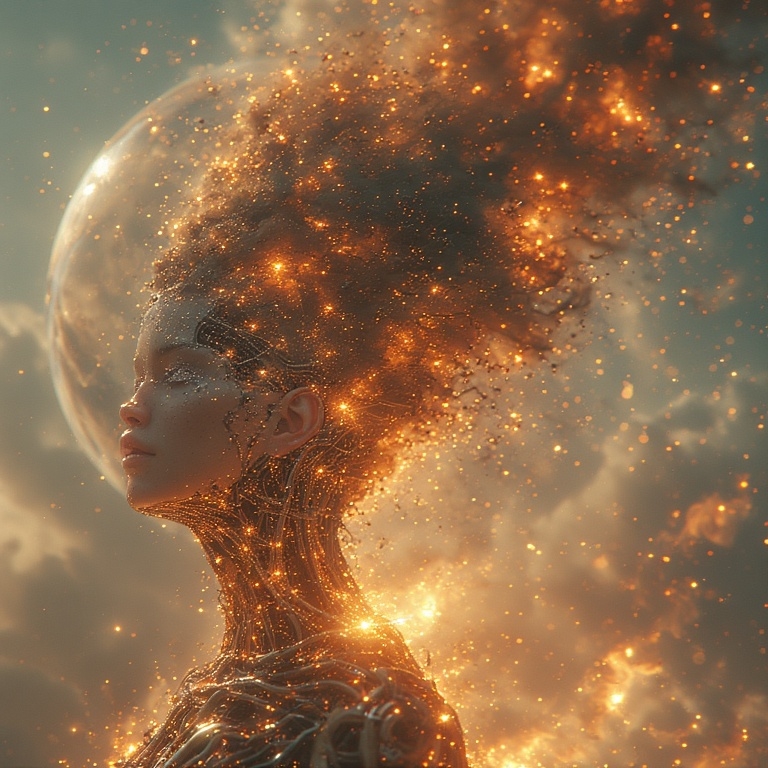
AI in Sound Design – Sculpting Sonic Landscapes
Sound is being reimagined
- Environmental Simulation – AI creates immersive soundscapes for film, games, and VR.
- Instrument Modeling – Algorithms replicate acoustic properties of rare or extinct instruments.
- Spatial Audio – AI optimizes surround sound for different playback environments.
AI in Music Licensing and Rights Management
Legal frameworks are evolving
- Automated Licensing – AI matches music to commercial projects and handles rights clearance.
- Royalty Tracking – Blockchain-integrated AI systems ensure accurate compensation for creators.
- Plagiarism Detection – Algorithms identify melodic or lyrical similarities across vast catalogs.
AI in Film Scoring – Emotionally Intelligent Composition
Scores are becoming more adaptive
- Mood Mapping – AI analyzes scenes and generates music that aligns with emotional tone.
- Dynamic Scoring – In interactive media, AI adjusts music in real-time based on user actions.
- Style Emulation – Composers use AI to mimic the techniques of legendary scorers while introducing novel motifs.
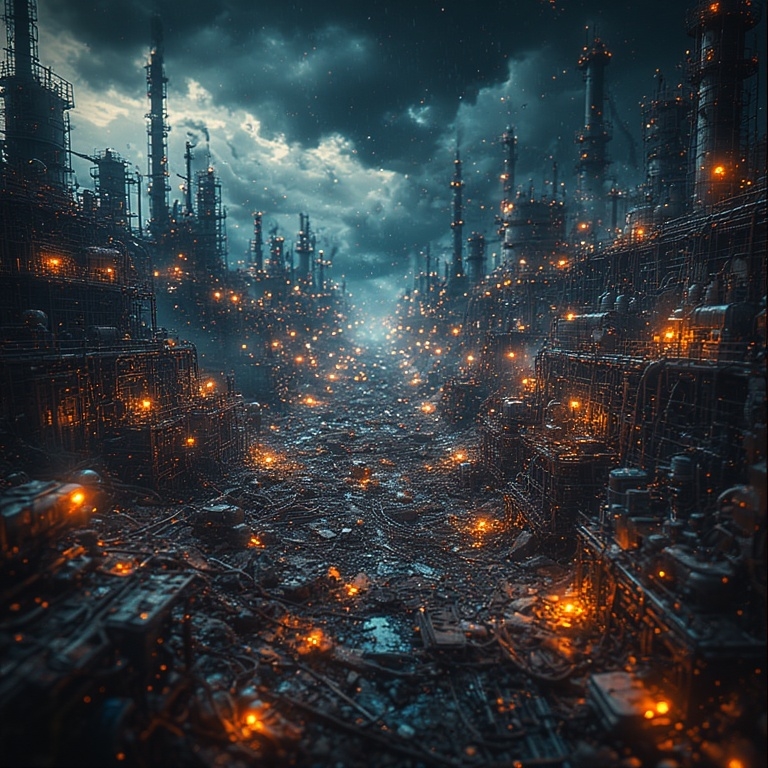
AI in Music Education – Democratizing Mastery
Learning music is becoming more accessible
- Personalized Instruction – AI tutors adapt lessons to individual skill levels and learning styles.
- Performance Feedback – Real-time analysis helps students improve technique and timing.
- Composition Coaching – AI suggests chord progressions, melodic variations, and structural improvements.
AI in Film Marketing – Targeting with Precision
Promotion is now data-driven
- Trailer Optimization – AI analyzes viewer engagement to refine trailer pacing and content.
- Poster Design – Algorithms generate visual assets tailored to demographic preferences.
- Campaign Strategy – Predictive models guide ad placement, timing, and messaging.
AI in Music Genre Evolution – Creating New Sonic Territories
Genres are blending and evolving
- Hybrid Styles – AI fuses elements from disparate genres to create entirely new musical forms.
- Cultural Sampling – Algorithms incorporate global musical traditions into contemporary compositions.
- Trend Forecasting – AI predicts emerging genres based on listener behavior and social dynamics.
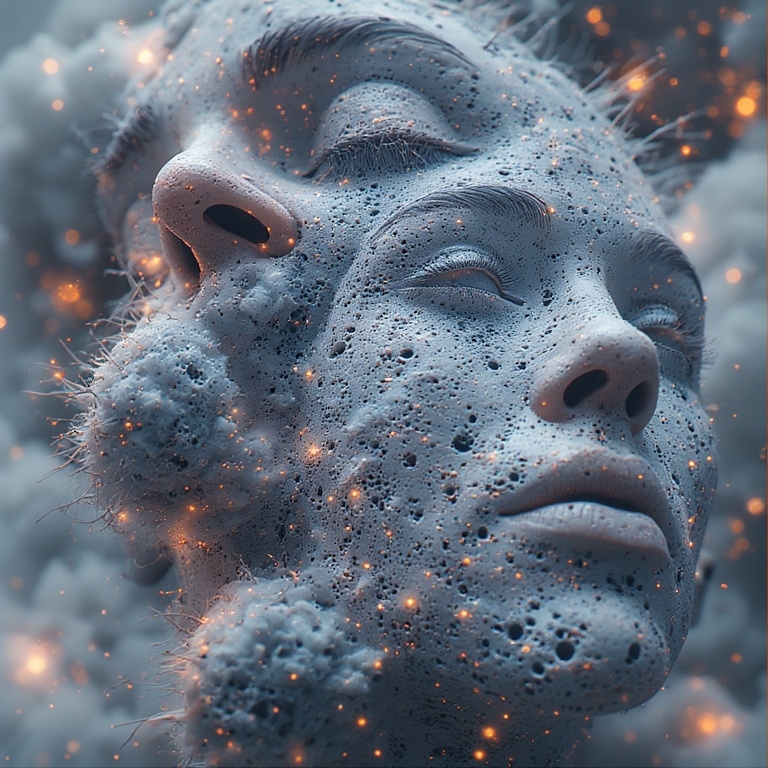
AI in Film Dialogue and Dubbing – Linguistic Precision
Language barriers are dissolving
- Lip-Synced Dubbing – AI matches translated dialogue to actor mouth movements.
- Accent Simulation – Algorithms replicate regional accents for authenticity.
- Dialogue Enhancement – AI improves clarity, timing, and emotional delivery in post-production.
AI in Music Fan Engagement – Building Community
Artists are connecting in new ways
- Chatbots and Avatars – AI-powered interfaces allow fans to interact with virtual versions of their favorite artists.
- Custom Tracks – Fans input preferences and receive personalized songs generated by AI.
- Fan Analytics – Artists use AI to understand audience demographics and tailor content accordingly.
Ethical and Creative Implications – Navigating the New Frontier
With great power comes great responsibility
- Authorship – Who owns AI-generated content? Legal and philosophical debates continue.
- Bias – Training data can perpetuate stereotypes; ethical oversight is essential.
- Authenticity – Can machine-generated art evoke genuine emotion? The answer may lie in hybrid collaboration.
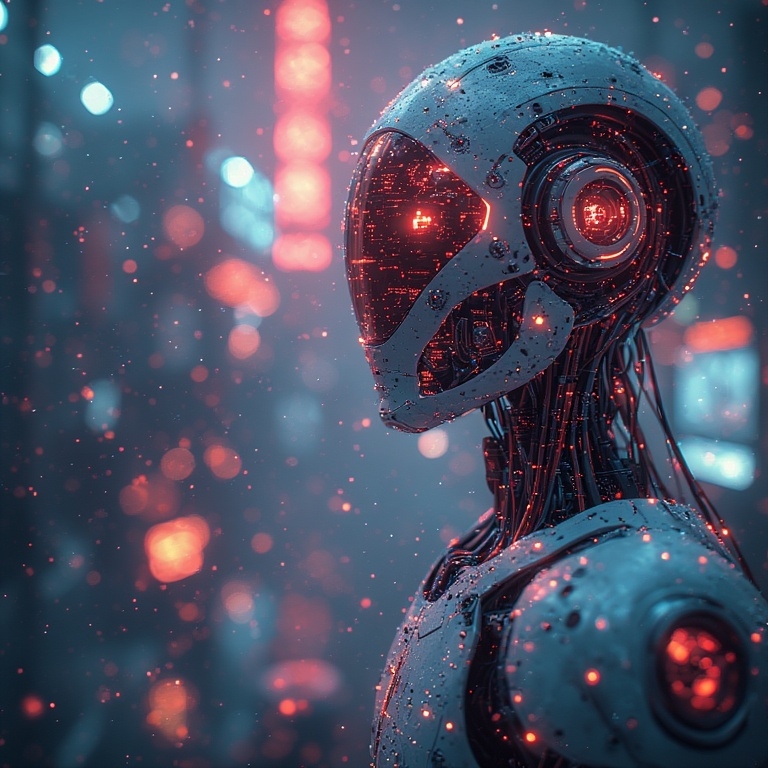
AI and Legacy Media – Reviving the Past, Reimagining the Archive
The cultural archive is no longer static. AI has become a powerful tool for breathing new life into old films, forgotten recordings, and analog artifacts that once seemed technologically obsolete.
Film Restoration and Enhancement AI-powered tools like deep convolutional neural networks are used to
- Upscale resolution from standard definition to 4K or 8K without introducing artifacts
- Remove scratches, dust, and flicker from deteriorated film reels
- Colorize black-and-white footage with historically informed palettes
- Stabilize shaky camera work and correct frame jitter
These techniques allow studios and archivists to re-release classic films in pristine condition—often surpassing the quality of their original theatrical runs.
Music Remastering and Reconstruction AI is revolutionizing how we treat vintage audio
- Noise reduction algorithms eliminate hiss, hum, and tape degradation
- Spectral analysis reconstructs missing frequencies and enhances tonal balance
- Voice isolation separates vocals from instrumentation—enabling remixing or reinterpreting old tracks
- Style transfer allows modern artists to reinterpret vintage recordings while preserving their original essence
This has led to a renaissance in reissues, box sets, and digital remasters that appeal to both nostalgic audiences and new listeners.
Recontextualization and Creative Amendment Beyond preservation, AI enables reinterpretation
- Alternate edits of films can be generated based on different narrative structures or pacing models
- Mashups and remixes of archival music can be created algorithmically—blending eras and genres
- Interactive experiences allow users to explore legacy media through dynamic interfaces, annotations, and adaptive playback
In essence, AI transforms legacy media from static artifacts into living, evolving cultural experiences.
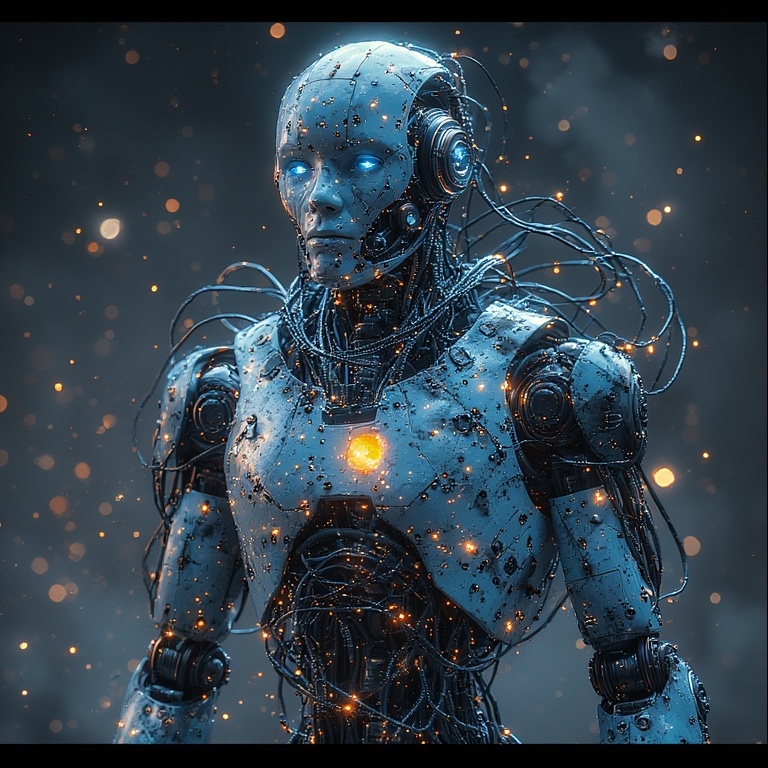
The Pros and Cons of AI in Entertainment – A Balanced Appraisal
AI’s influence on entertainment is profound—but not without complexity. Here’s a clear-eyed look at the benefits and challenges.
Pros
- Creative Augmentation – AI expands artistic possibilities, offering tools for composition, editing, and design that were previously inaccessible
- Efficiency and Cost Reduction – Automation streamlines production workflows, reducing time and labor costs
- Accessibility – AI democratizes creativity, enabling independent artists and small studios to produce high-quality content
- Preservation and Restoration – Legacy media can be revived and enhanced, preserving cultural heritage for future generations
- Personalization – Audiences receive tailored experiences, from curated playlists to adaptive storytelling
Cons
- Loss of Human Nuance – AI-generated content may lack emotional depth, cultural context, or lived experience
- Ethical Ambiguity – Issues around authorship, consent (especially with voice cloning), and data bias remain unresolved
- Homogenization – Algorithmic curation can lead to creative sameness, favoring patterns over innovation
- Job Displacement – Automation threatens traditional roles in editing, composing, and production
- Overreliance – Dependence on AI tools may erode foundational skills in storytelling, musicianship, and craftsmanship
The challenge is not to reject AI—but to wield it wisely, ensuring that technology serves creativity, not the other way around.
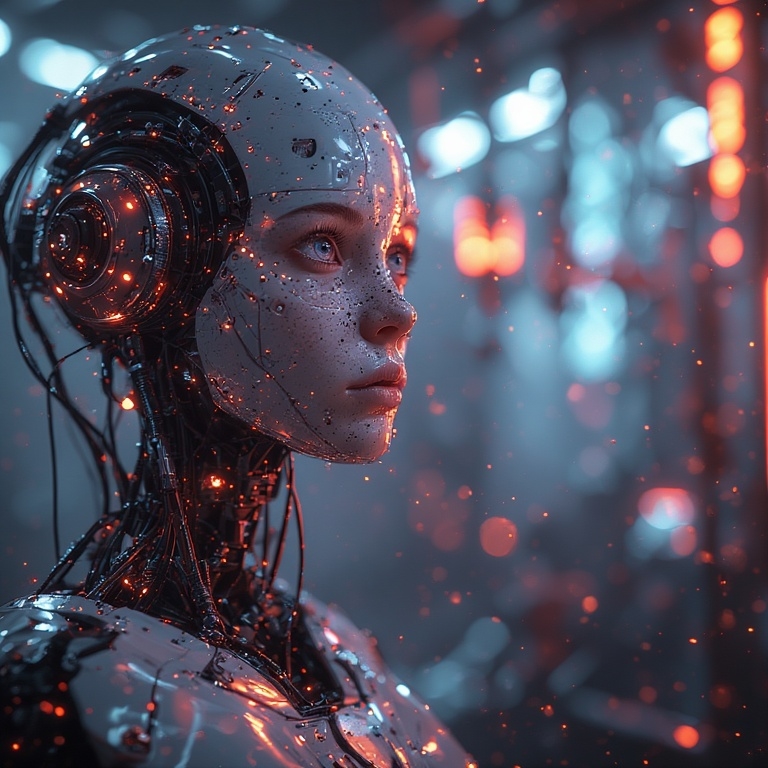
When AI Goes Too Far – The Risks of Overreach in Entertainment
While AI offers unprecedented creative and technical possibilities, its unchecked expansion into entertainment raises serious concerns. The line between augmentation and automation is thin—and crossing it could lead to a cultural landscape dominated by synthetic content, algorithmic conformity, and diminished human agency.
Creative Homogenization As AI models learn from existing patterns, they tend to replicate what’s already popular or statistically successful. This can result in
- Formulaic storytelling that prioritizes engagement metrics over originality
- Music compositions that mimic genre conventions without emotional depth
- Visual aesthetics optimized for algorithmic appeal rather than artistic intent
Over time, this could lead to a narrowing of creative diversity, where innovation is stifled by predictive modeling.
Synthetic Saturation If AI-generated content becomes the norm, audiences may struggle to distinguish between human and machine-made art. This raises questions about
- Authenticity—can synthetic performances evoke genuine emotion?
- Trust—will viewers and listeners feel manipulated by algorithmically tailored experiences?
- Value—does art lose meaning when it’s mass-produced by machines?
The risk is a cultural environment where novelty is abundant but meaning is diluted.
Erosion of Human Craft As AI automates tasks like editing, composing, and mastering, traditional skills may atrophy. This could result in
- Fewer opportunities for emerging artists to learn foundational techniques
- A decline in mentorship and apprenticeship models within creative industries
- Reduced appreciation for the labor and nuance behind handcrafted work
The danger lies not in AI’s capabilities, but in the displacement of human process and intentionality.
Ethical and Psychological Implications AI’s ability to simulate voices, faces, and emotions introduces complex ethical dilemmas
- Deepfake performances could be used without consent, distorting legacies or misleading audiences
- AI-generated personas may replace real artists in marketing, fan engagement, or even live performance
- Hyper-personalized content could manipulate emotional responses, blurring the line between entertainment and psychological influence
Unchecked, these developments could undermine trust, privacy, and the integrity of artistic expression.
Cultural Memory and Revisionism AI’s power to amend and reinterpret legacy media also carries risks
- Historical footage could be altered to fit contemporary narratives, erasing original context
- Music and film could be re-edited to align with algorithmic preferences, distorting artistic intent
- Archival content might be selectively enhanced or suppressed based on commercial viability
This raises concerns about who controls cultural memory—and whether AI will serve preservation or revisionism.
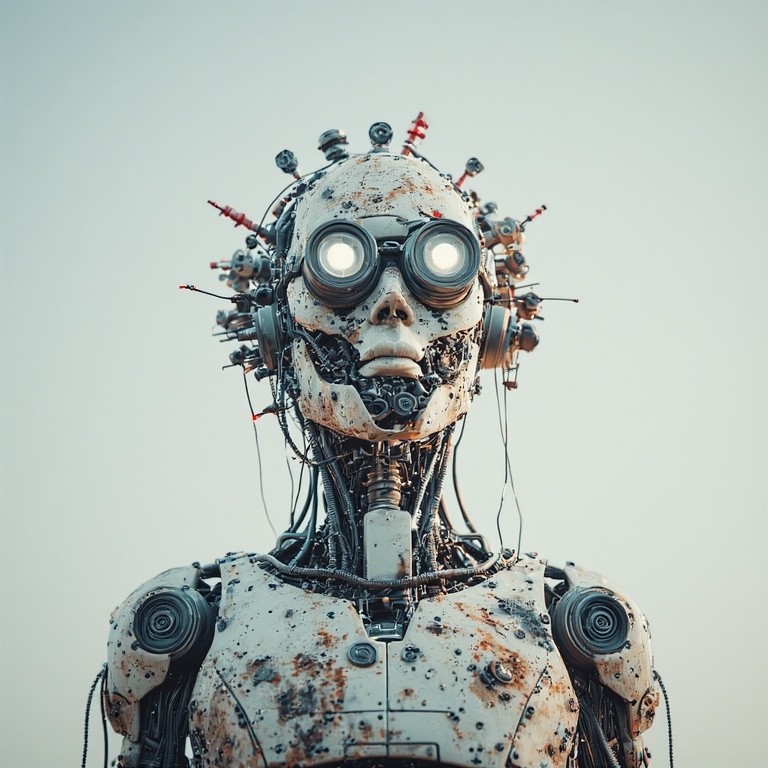
The Future
The Road Ahead – How AI Will Reshape Entertainment in the Future
AI’s current impact on entertainment is transformative—but what lies ahead is a complete redefinition of how art is created, consumed, and experienced. As models grow more sophisticated and integrated, the boundaries between creator, audience, and machine will blur, giving rise to new paradigms of cultural production. What does the future hold & how will AI learn in the future?
Generative Co-Creation as the Norm In the near future, AI will evolve from tool to collaborator.
- Real-time co-writing environments where human creators and AI models iterate together
- Music composition platforms that respond to emotional input, biometric data, or environmental cues
- Film editing systems that adapt scenes dynamically based on audience feedback or regional preferences
This will shift the creative process from linear production to fluid, adaptive co-authorship.
Hyper-Personalized Media Ecosystems Entertainment will become increasingly individualized
- Viewers may receive custom-cut versions of films tailored to their psychological profiles or narrative preferences
- Music tracks could evolve over time based on listener behavior, mood, or location
- Physical media formats may embed dynamic content layers that update post-purchase
The result will be a media landscape where no two experiences are identical—and where personalization becomes a core artistic dimension.
Synthetic Artists and Autonomous Creators AI-generated personas will become mainstream in the near future
- Virtual musicians, filmmakers, and influencers will produce content without human input
- These entities may develop fan bases, release albums, and even perform live via holographic projection or immersive VR
- Some will be designed to evolve—learning from audience interaction and adapting their style over time
This raises profound questions about identity, authorship, and the nature of celebrity.
Cross-Media Intelligence and Convergence AI will unify disparate media forms
- A single AI system may generate a film, its soundtrack, promotional materials, and interactive spin-offs simultaneously
- Narrative universes will be designed algorithmically to span games, music, literature, and immersive environments
- Audiences will engage with stories across formats in nonlinear, participatory ways
This future convergence will dissolve traditional genre and format boundaries, creating holistic entertainment ecosystems.
Ethical Frameworks and Creative Governance As AI’s role deepens, future systems of oversight will emerge
- Industry standards will define acceptable uses of synthetic voices, faces, and performances
- Creators may use blockchain or watermarking to distinguish human-made content from AI-generated work
- Cultural institutions will develop protocols for preserving artistic intent and historical authenticity in AI-enhanced media

Conclusion – The Hybrid Horizon of Art and Intelligence
AI is not a threat to creativity—it is a catalyst. By augmenting human imagination, it opens new dimensions of expression, accessibility, and innovation. From the analog warmth of vinyl to the digital clarity of 8K cinema, AI is reshaping every layer of the entertainment ecosystem.
The future belongs to those who embrace this hybrid paradigm—where intuition meets computation, and art becomes a dialogue between creator and code right now to the future.
Join the Discussion
What excites or concerns you most about AI’s role in entertainment? Are we entering a golden age of creativity or risking the loss of human nuance? How will AI change this area in the future?
#AIEntertainment #FutureOfMedia #GenerativeArt #SyntheticCreativity #PersonalizedContent #VirtualArtists #MediaConvergence #CreativeAI #EthicalTech #NextGenStorytelling #Future

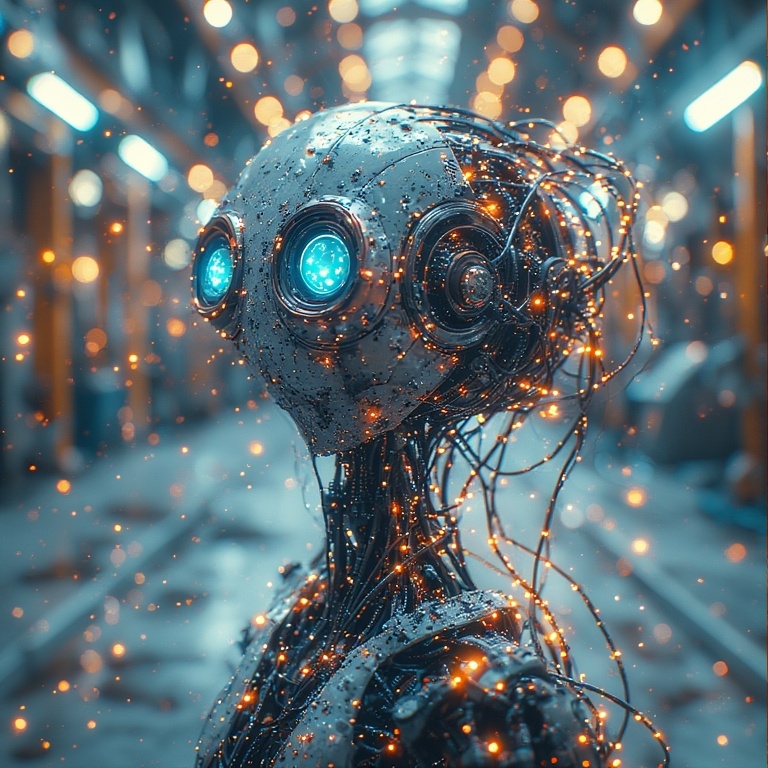

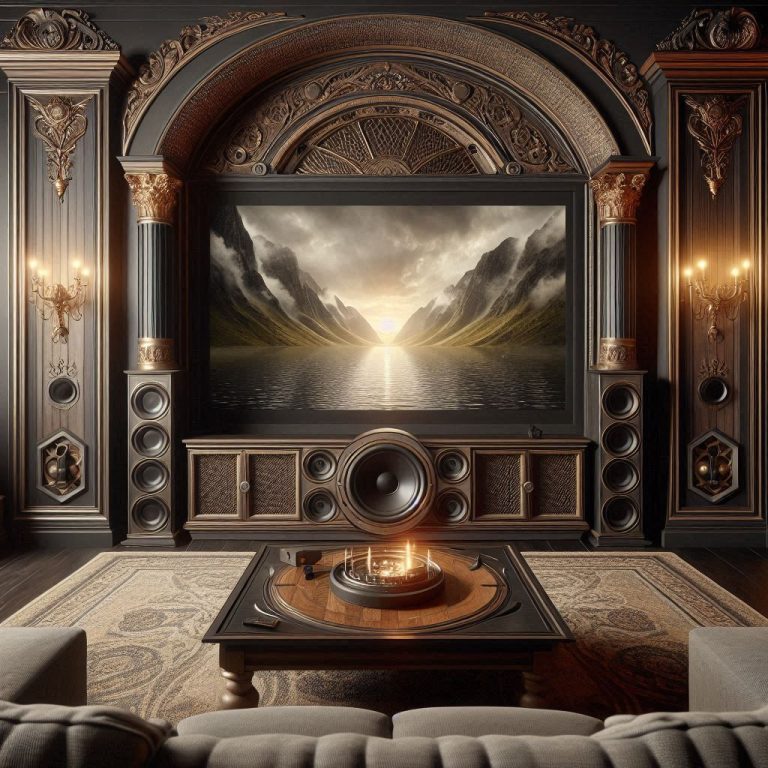
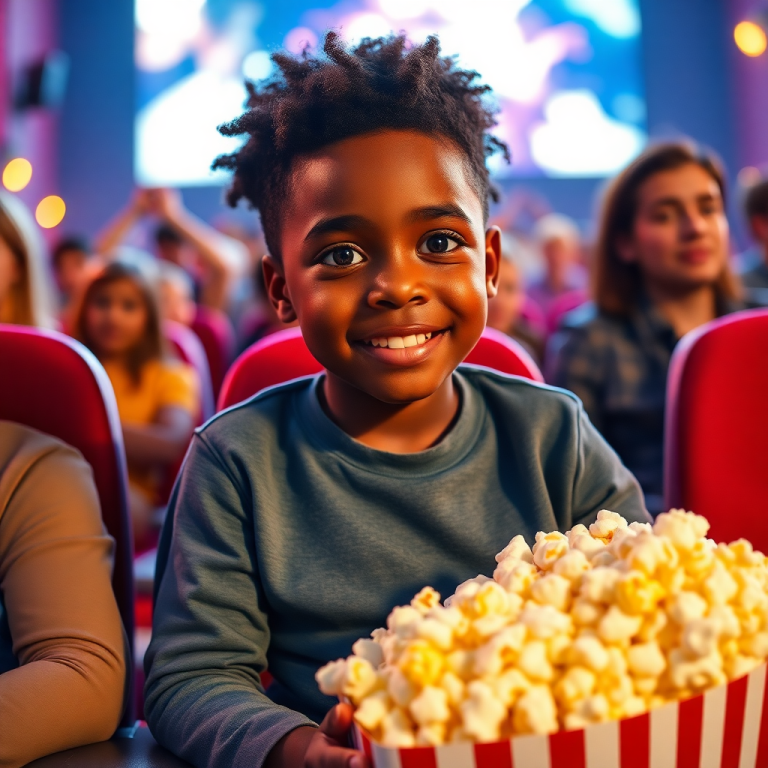

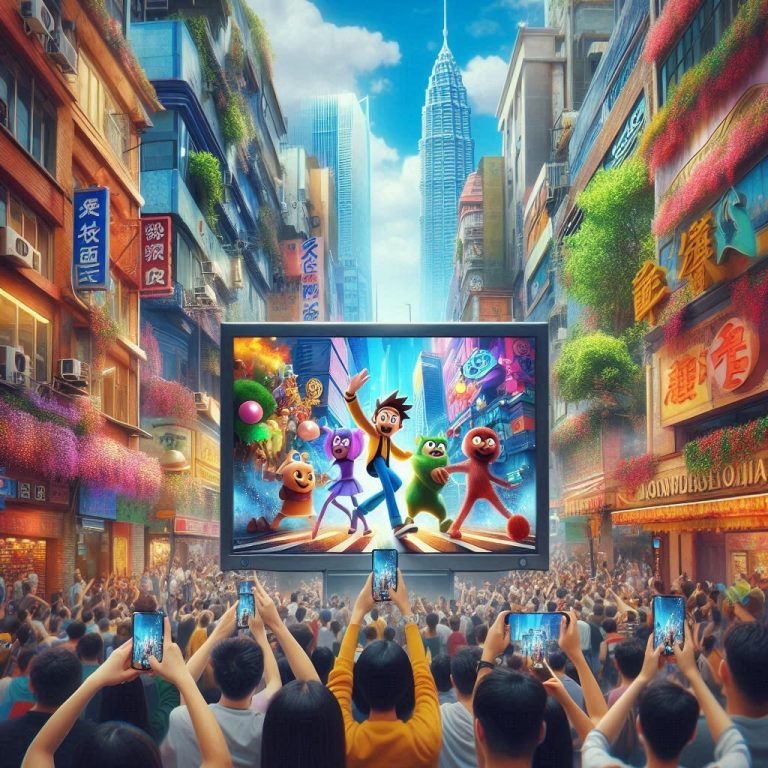

3 Comments